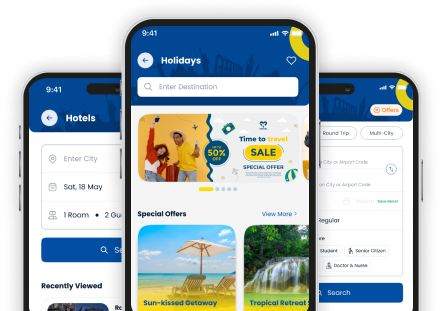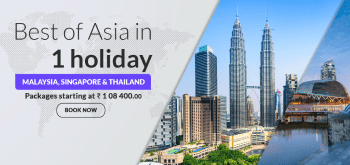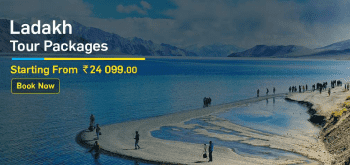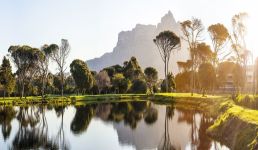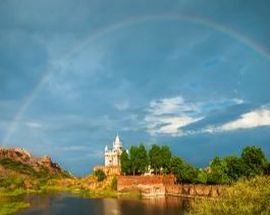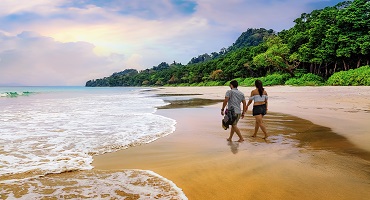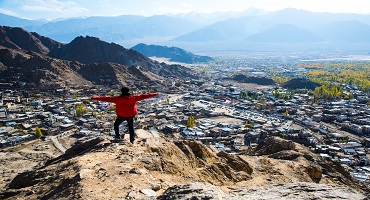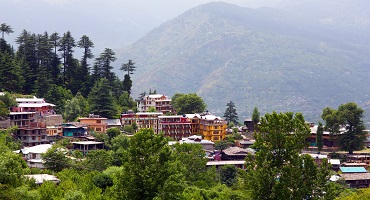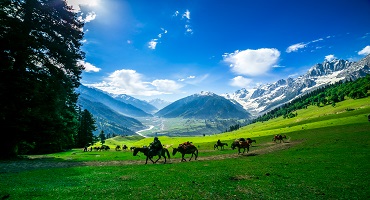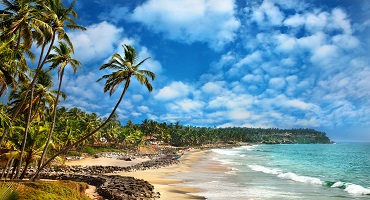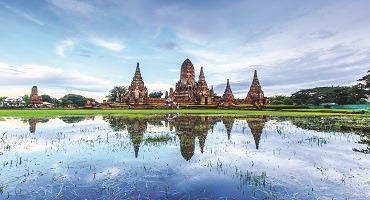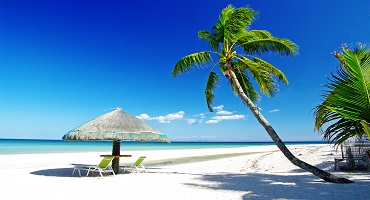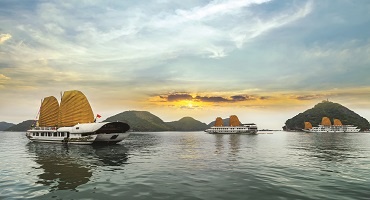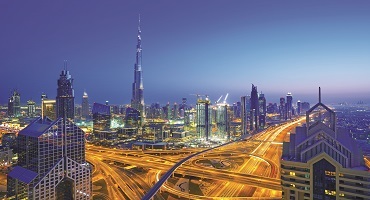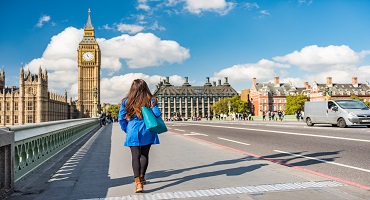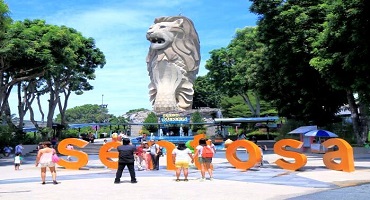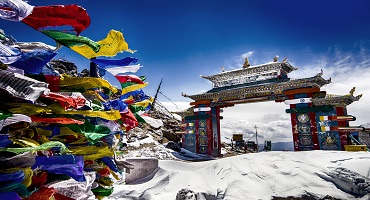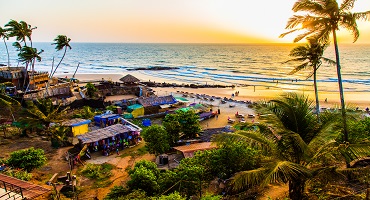Sitting majestically at the edge of the Thar Desert, India’s ‘Golden City’ pulls in the avid traveller from across borders. The best time to visit Jaisalmer is between October and March, when the temperature in this culture-rich place is between 10°c to 27°c. Being a desert city, winter is the best season to visit Jaisalmer as the sun is perfect for all the sightseeing that the place is famous for. Winter is when Jaisalmer comes alive with all its vibrancy. Showcasing its rich heritage, Jaipur allows you to partake in the glorious legacy that it has so generously shared with the world.
The biggest draw for most tourists is the colourful festivals and the celebrations that cannot be viewed anywhere else in the world. However, many outdoor activities and adventures can be enjoyed too. Jaisalmer is indeed the trip of a lifetime and irrespective of which season you decide to visit; you must come prepared for it.
Peak Season (October-March)
The months from November to March constitute the winter season in Jaisalmer, the best time to visit. As the maximum temperature doesn’t go beyond 24°C, it is the perfect weather for sightseeing and outdoor activities such as desert safari, camel rides. Evenings are cooler and it can get a little cold at night.
Shoulder Season (July-September)
We call it the monsoon because it sometimes rains a bit in Jaisalmer between July and September, but not enough to put a dampener on your plans. The few showers don’t do much to provide a respite from the summer heat, and in fact, can make the season humid. However, monsoon is a good time to travel to Jaisalmer and explore some of the mystical wonders of this ancient land.
Low Season (April-June)
Avoid Jaisalmer during summer, unless you love getting roasted. The months from April to June will see Jaisalmer facing a hot and harsh sun, and this is more so because of the proximity of the city with the Thar Desert. There isn’t much sightseeing or other tourist activities that you can enjoy because everything stops during the summer. When you can’t step out of your air-conditioned hotel room, it is merely a waste of money visiting Jaisalmer around this time.
|
Travel Seasons
|
Min/Max Temperature
|
Season
|
|
April to June
|
39-50 degrees
|
Summer - Hot and dry, harsh sun
|
|
July to September
|
19-32 degrees
|
Monsoon - Scant to moderate rainfall
|
|
October to March
|
5-20 degrees
|
Winter - Cold and pleasant
|
Jaisalmer During October to March – The Winter Season
Temperature: Avg. of 20 degrees high to 5 degrees low
Weather: Desert climes are harsh and dry, with a scorching sun to boot. But the weather in winter of Jaisalmer is much cooler and invites you to visit. The months from October to March are ideal for sightseeing and being outdoors. Daytime is warm and comfortable and the evenings are cool. Nights can be a bit cold, but nothing that a thin sweater or shawl can’t take care of.
Plan your Jaisalmer itinerary this winter, and set your sights on some of the most beautiful palaces and forts, and visit other equally spectacular monuments at your leisure. If you like the outdoors, you can participate in desert safaris and even go on camel rides. Come back to the hotel at night and curl up by the bonfire to stay warm and snug.
Significant events: The city of Jaisalmer comes alive in winter. The season explodes with the Desert Festival. Organised in January-February, it lights up the barren land of Jaisalmer in a riot of colours and traditions. People flock to this three-day festival from all parts of the world, eager to see the beauty and participate in the celebration of life in Jaisalmer. Traditional dancers, musicians, artists, and a plethora of decorated animals carpet the town with this rich Rajasthani culture fest.
Basant Panchami is a festival celebrated to herald the end of winter and the start of the spring season which denotes new life and new beginnings. The festival is held in February and every house brims with the smells of delicious foods.
March brings us to the Gangaur Festival, a celebration of marital bliss for married women and the desire for a good husband for those still single. If you happen to be in Jaisalmer during the celebration, you must catch the procession on the last day when women, decked-up in their traditional finery, take to the streets singing and dancing.
Why you should visit now: Excellent weather, mesmerising monuments, exciting adventure and a colourful celebration – this is Jaisalmer for you in winter. Why would you give it a miss?
Know before you visit: While daytime is warm and pleasant, nights can be cold. Carry warm clothes and stay snug.
Tips: Plan and book in advance. Jaisalmer attracts visitors from across the world in winter and hotels are likely to be sold out soon.
Jaisalmer During July to September – The Monsoon
Temperature: Avg. of 32 degrees high to 19 degrees low
Weather: The monsoon season is not exactly the end of the harsh summer, but it definitely is the beginning of a cool and pleasant winter. Monsoon is when the peak season is beginning. Those looking to escape the heat and the crowds will do well to visit Jaisalmer during the Monsoon. The region receives very little rainfall so do not expect a variation of the Indian Monsoon. The days are still hot and humid but nights get cooler. The region will not be at its best in this season. But if you are looking for a good deal and wish to get Jaisalmer off your bucket list, Monsoon is a good time to visit.
Significant events: You might not see many tourists in Jaisalmer during this season, but the desert town more than makes up for it. The month of September celebrates Bhadon Sudi, a large-scale festival dedicated to Baba Ramdev, a saint from Rajasthan. The festival is known for its devotional troupes who regale audiences with their songs and bhajans late into the night.
The city of Jaisalmer is steeped in culture and tradition. If you are lucky, you could catch a performance by folk dancers as you walk along the streets of this ancient city.
Why you should visit now: This is the perfect time to visit to avoid the harsh summer and also to beat the heavy tourist rush of winter. You will get good deals on hotels in this season.
Know before you visit: Jaisalmer becomes humid during the Monsoon, so carry plenty of cotton. While it might not rain much, keep spares, so you don’t run out of dry clothes.
Tips: Carry an umbrella. Even if you don’t need it for the rain, the winds pick up speed in the Monsoon and you can use the umbrella to protect yourself from a sandblast.
Jaisalmer During April to June – The Summer Season
Temperature: Avg. of 50 degrees high to 39 degrees low
Weather: There are summer months, and then there are the summer months in Jaisalmer. It is a season best avoided, but if you wish to experience the hot Indian summer, there could be no better (or worse) place than the Thar Desert. Daytime temperatures soar into the 40s easily, and there have been records of it also going into the 50s on occasion. Weather of Jaisalmer in summer is not ideal for travel and sightseeing since daytime temperatures make it nearly impossible to step out. The weather is slightly bearable in the evening but still humid. You can consider visiting Jaisalmer in summer if you are on a shoestring budget.
Significant events: The city might not offer you much in terms of events and festivals in summer. But you can always walk along the lanes and quaint streets of Jaisalmer to get the real Rajasthani experience. Duck into the market and pick up some traditional jewellery or fabrics to take back home. Send your taste buds on a delicious culinary journey with the assortment of dishes that the land is famous for. For a place not known for vegetation, the people of Jaisalmer have turned simple fare into lip-smacking cuisine.
Why you should visit now: If you are a budget traveller, this is the best season to get excellent deals on hotels. Also, the place will be noticeably tourist-free, allowing you to visit most places at your leisure.
Know before you visit: Avoid stepping out during the hot day hours. If you must, use an extra-strong sunscreen lotion. Carry an umbrella. Keep yourself hydrated.
Tips: Carry only loose, cotton clothes that will cover you fully.
Jaisalmer is a land of stunning palaces, massive forts, rich culture and a legacy of traditions. To truly understand how this city has managed to hold on to its past while being surrounded by other modern cities, you must step into its borders and experience it for yourself. Browse through our Jaisalmer Tour Packages and get answers to all your Jaisalmer trip queries. You can book your tickets and hotels through us. What’s more, we will be more than happy to assist you in your visa application and even help you in buying Indian Rupees for your trip.
